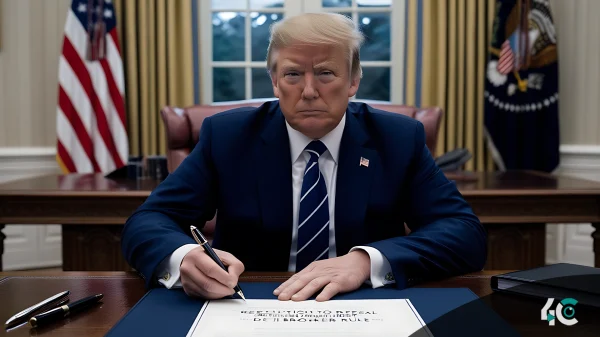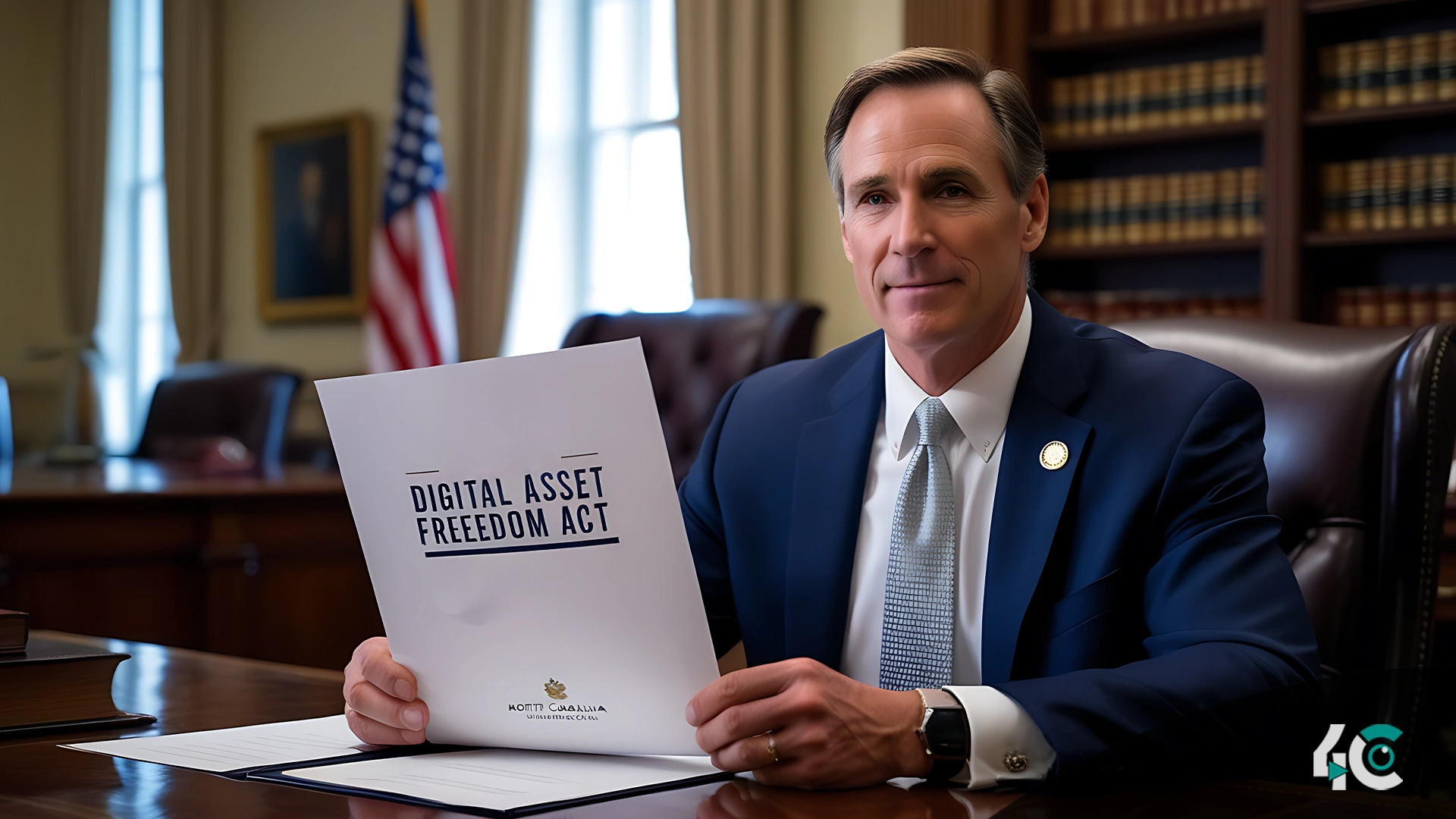North Carolina is introducing the Digital Asset Freedom Act. This bill could permit citizens to pay taxes or other official transactions using digital currencies. The legislation has been filed by Representative Neal Jackson in order to establish digital assets as valid payment in the state.
The bill offers no direct mention of Bitcoin but instead provides strict criteria that are quite similar to how Bitcoin is defined. A digital asset’s market cap must be well over 750 billion, its daily trading volumes must be well over 10 billion, and it must be older than 10 years. The asset must also demonstrate a high degree of reliability within its network, a proof-of-work consensus mechanism, censorship resistance, a good level of decentralization, and a capped supply.
The suggested rule says that decentralized digital assets that are free from the control of a central authority are reasonable. First, these will maintain money that is limited and non-inflationary. Further, they will guarantee the safety and transparency of transactions. More and more people are buying cryptos to get protection from inflation and the falling dollar.
North Carolina is among others looking into using crypto in public funding. The proposals include Bitcoin reserves and other strategic investments. But North Carolina is different because it simultaneously rejects CBDCs.
Former governor Roy Cooper vetoed a bill to ban CBDCs, claiming it was too soon, last year. Nonetheless, both the House and Senate overrode that veto, making it evident that there is bipartisan opposition to CBDCs. This position shows the state’s larger goal of backing decentralized objects and disassociating itself from centralized options.
Dan Spuller of the Blockchain Association applauded North Carolina’s legislators, saying their actions authorize the clear message to federal regulators that the state supports crypto freedom and opposes centralized financial control.
North Carolina is positioning itself to be progressive with decentralized currency, with the Digital Asset Freedom Act under introduction. If the bill passes, it could set a precedent for how states recognize and use digital currencies. This lawmaking effort may greatly affect how crypto is adopted and regulated in the U.S.















































